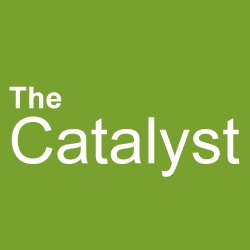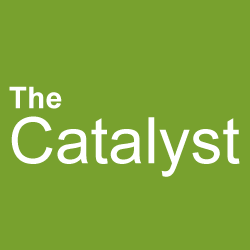If Medicaid beneficiaries adhered to their prescription drug regimens, they could significantly reduce U.S. medical costs, by reducing expensive hospitalizations and emergency room visits. A new study co-authored by PhRMA and published today in Health Affairs found that increasing the number of Medicaid prescriptions filled by just 1 percent reduces spending on inpatient and outpatient services by approximately 0.20 percent among beneficiaries. This is the same savings the Congressional Budget Office (CBO) recognizes in the Medicare Part D program.
The research analyzed data on more than 1.5 million fee-for-service Medicaid beneficiaries and separated into three distinct groups – blind or disabled adults, other adults and children. Among blind or disabled adults, a 1 percent increase in drug usage was associated with a 0.108 percent decrease in total non-drug costs; for other adults there was a 0.167 percent decrease; and for children, there was a 0.041 percent decrease. These offsets are realized when costs other than those for inpatient and outpatient services are considered.
These offsets are slightly lower than the 0.20 percent seen with the general Medicaid population, but when other costs are excluded and just costs that these three distinct groups of beneficiaries incur at the hospital, provider’s office or urgent care are considered, the results are very similar -- 0.21 percent for blind or disabled adults, 0.20 percent for other adults and 0.07 percent for children.
These findings come at a pivotal time, in which there is a lot of conversation on health care spending in America, including evaluations of Medicaid programs and spending.
Improved adherence has a meaningful impact on health care costs generally, as well as helping patients live longer, healthier lives. Learn more about adherence in our Ask About Adherence series here.




